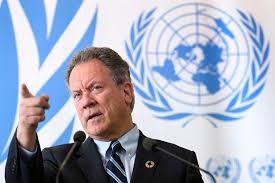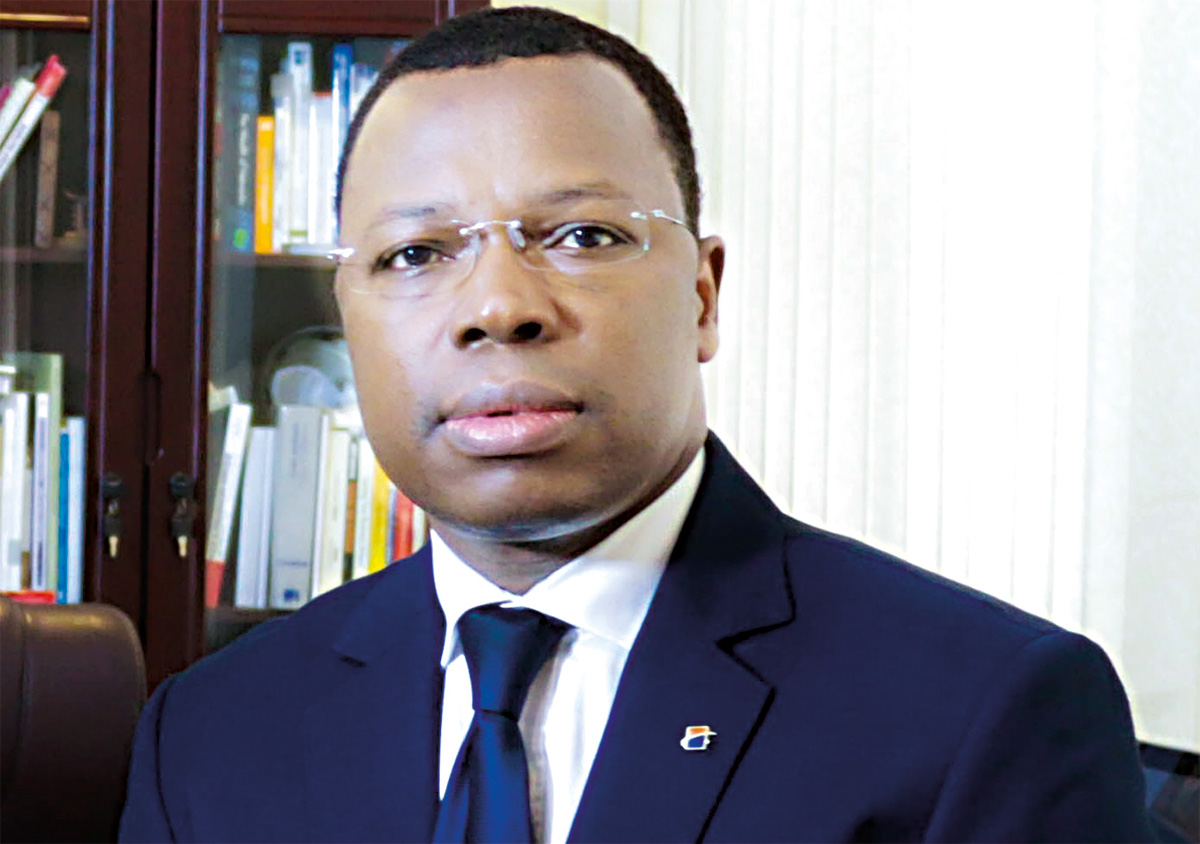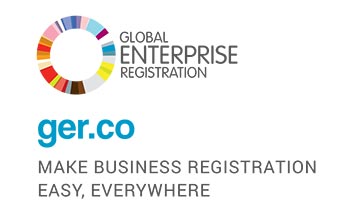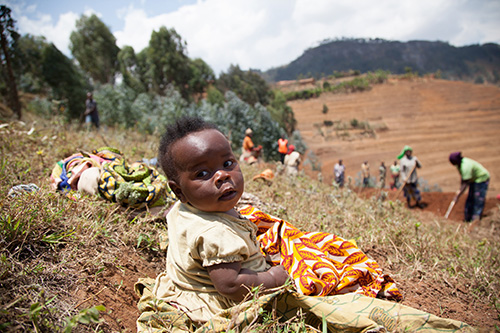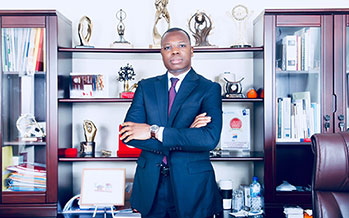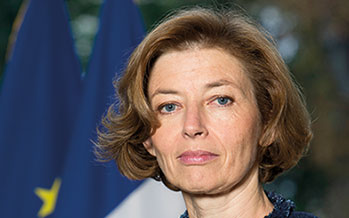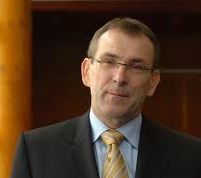[vc_row][vc_column width=”1/2″][vc_column_text]
Burkina Faso
Situated in west Africa, Burkina Faso is a landlocked country which has its economy primarily based on subsistence farming and livestock raising. A significant portion (90%) of the country's labour force is employed in agricultural activities. Inadequate rainfall, poor soil, poor communications and general infrastructure have exposed the economy to external shocks. The country has few natural resources, high population density and a weak industrial base. According to a World Bank report cotton is the main cash crop. Both cotton and gold are the major export items, with gold alone accounting for 75 percent of total export revenues. Cotton, ores, slag, ash, fruits, nuts and oil seeds are other export items. A lot of people from Burkina Faso work in neighbouring countries and the remittances sent by them form a significant contribution to the Balance of Payments. The country has a medium Gini-coefficient of 35.3. Human development has been low as denoted by the HDI score of 0.434. There was an uptick (6.4% from 5.9% in 2016) in the economic growth for the year 2017 on account of gold production and higher investment in infrastructure. The country has adopted the CFA franc as part of the West African Monetary and Economic Union (UMEOA). There has been positive growth in the country's economy since the end of political crisis, however a weak security situation may reverse these gains. A new development strategy which was set out in the 2016-2020 National Plan for Economic and Social Development was adopted by the government in the year 2016. Building human capital, reducing poverty and satisfying basic needs were the aims. As of 2018, tourism has been nearly non-existent in large parts of the country. According to World Bank, risks like high oil prices (which the country imports) and low prices of gold and cotton (which the country exports), terrorist attacks and labour strikes could negatively impact growth prospects.
[/vc_column_text][vc_column_text] Its population in 2018 was 19,751,651 [1]
Its population in 2018 was 19,751,651 [1]
 In 2015, 74.17% of its total energy
In 2015, 74.17% of its total energy
consumption was renewable [2]
 In 2021, its GDP grew by 6.91% [2]
In 2021, its GDP grew by 6.91% [2]
 In 2021 it had a negative Current
In 2021 it had a negative Current
Account Balance of US$bn 0.59 [3]
 Its Expenditure on R&D (as a percentage of
Its Expenditure on R&D (as a percentage of
GDP) in 2020 was 0.25% [2]
What free trade areas or economic unions is it a member of?
Member of the African Continental Free Trade Area (AfCFTA) since 01/04/2019
Other members:
Benin, Cameroon, Chad, Congo, Côte d'Ivoire, Djibouti, Egypt, Equatorial Guinea, Eswatini, Ethiopia, Gabon, Gambia, Ghana, Guinea, Kenya, Mali, Mauritania, Namibia, Niger, Nigeria, Rwanda, Sao Tome and Principe, Senegal, Sierra Leone, South Africa, Togo, Uganda, Western Sahara, Zimbabwe
What trade deals are there between African Continental Free Trade Area and other countries and economic unions?
None
Member of the Economic Community of West African States (ECOWAS) since 28/05/1975
Other members:
Benin, Cabo Verde, Côte d'Ivoire, Gambia, Ghana, Guinea, Guinea-Bissau, Liberia, Mali, Niger, Nigeria, Senegal, Sierra Leone, Togo
What trade deals are there between Economic Community of West African States and other countries and economic unions?
None
[/vc_column_text][vc_column_text]What trade deals are there with other countries and economic unions?
None
[/vc_column_text][/vc_column][vc_column width=”1/2″][vc_column_text]A Famine of ‘Biblical Proportion’
African Finance Evolution: It May Not Be Televised Yet, but the World Is Certainly Taking Note
World Bank on Social Protection in Africa: Can Safety Nets Close the Poverty Gap in Burkina Faso and Ensure Family Welfare?
Ann Low, US Department of State: Go Green by 2019 – Make Business Registration Easy Everywhere by 2019
World Bank on Social Protection in Africa: Burkina Faso Mobile Childcare Scheme Could Transform Public Works
CFI.co Meets the CEO of Fidelis Finance: Abdoulaye Kouafilann Sory
Florence Parly: Sales Push
PwC Nigeria: Does Size Really Matter? Economic and Fiscal Implications of Nigeria’s Rebased GDP
Sahel Countries Set to Receive Record Amounts in Aid
Africapitalism: A Way to Unleash Africa’s Potential
Trade with the United Kingdom
Source: UK Office for National Statistics, October 2022.
Contains public sector information licensed under the Open Government Licence v3.0.
Loading, Please Wait!
This may take a second or two.















































































